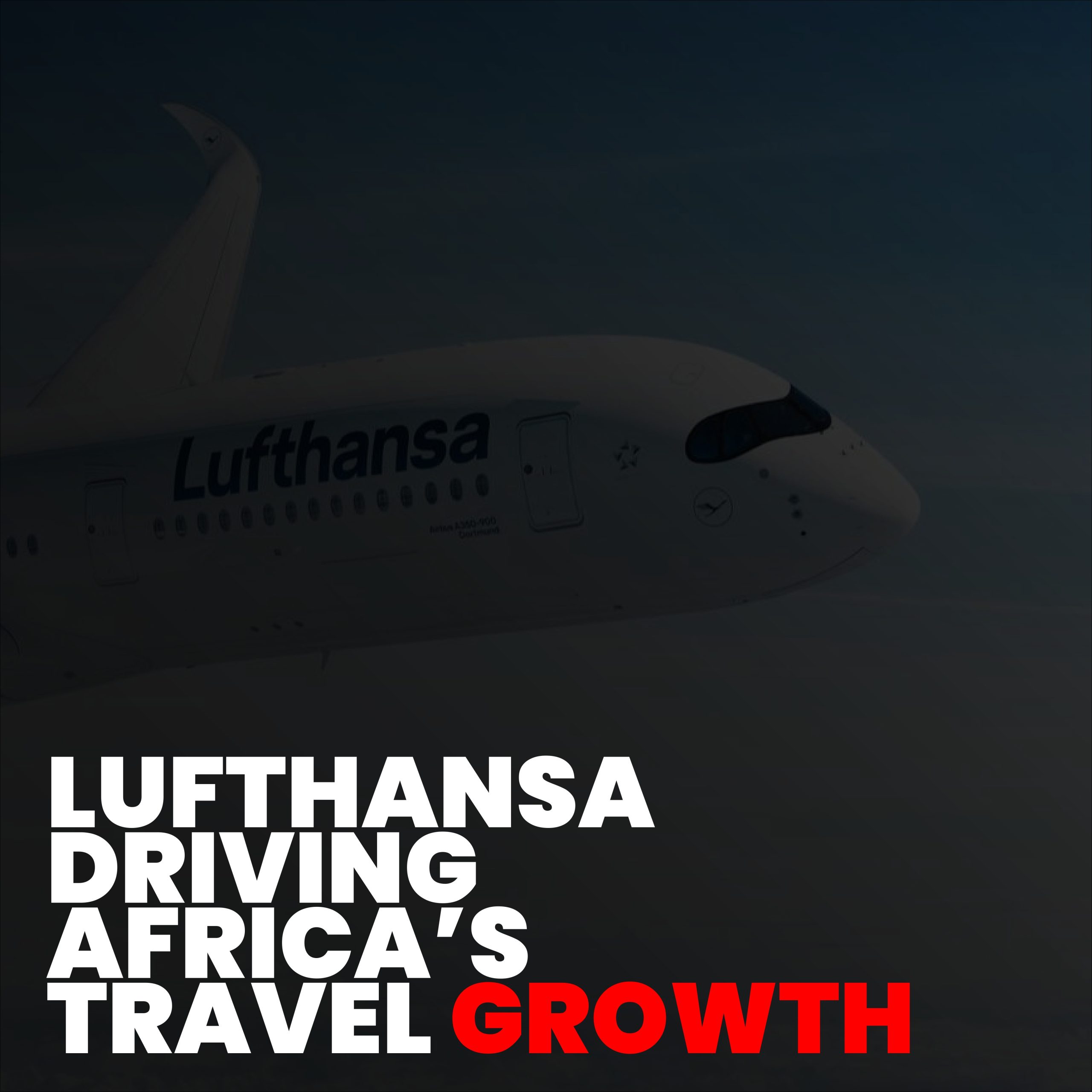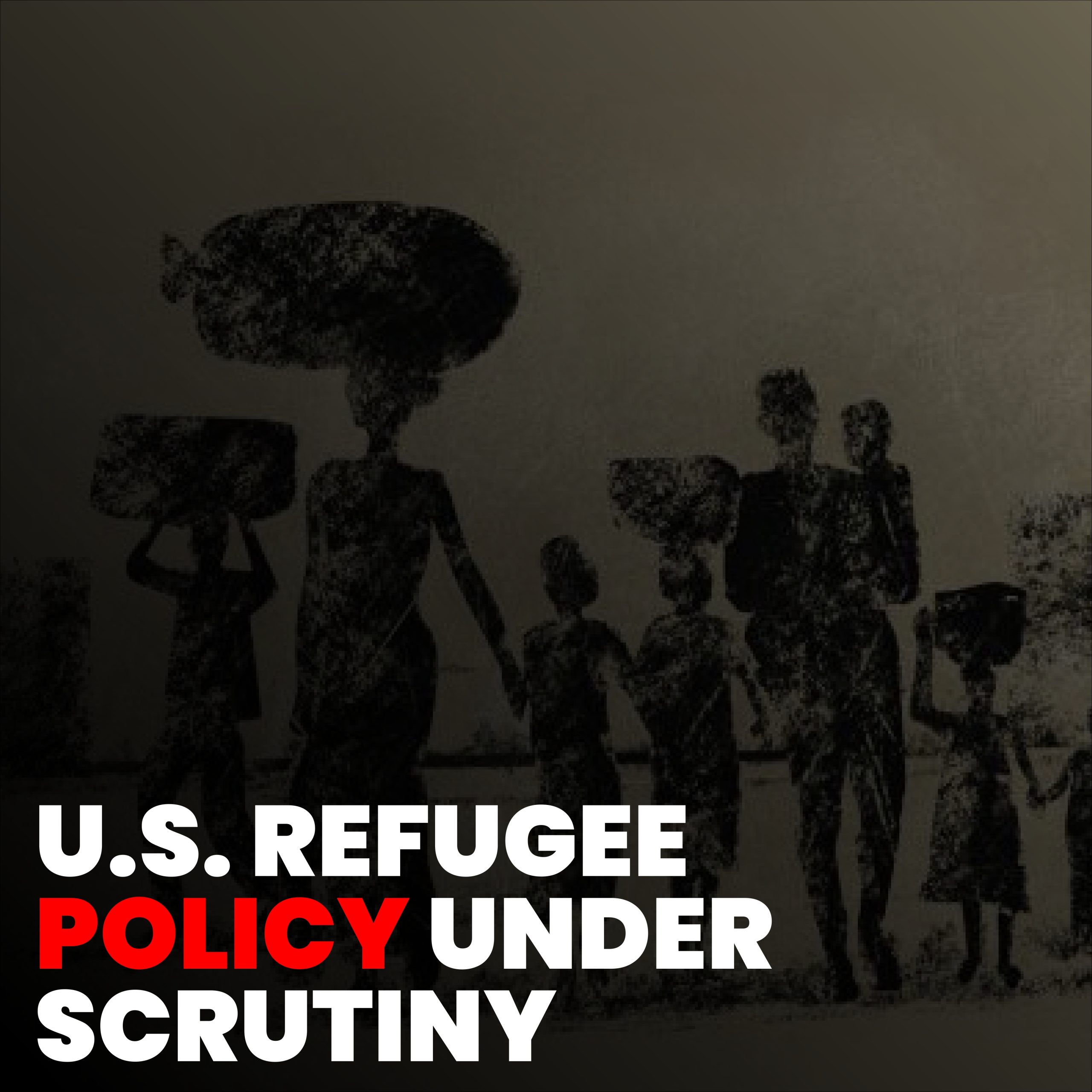
Introduction
The Lufthansa Expansion marks a strategic milestone for Southern Africa’s aviation and tourism industries. With new flights to Cape Town, South Africa, and Windhoek, Namibia, Lufthansa Group is expanding its footprint across the continent. The airline’s goal is clear: connect more people, boost regional economies, and strengthen long-term partnerships between Europe and Africa. This development will not only enhance tourism but also benefit trade, business travel, and cargo operations. In this article, we explore ten critical developments that define the Lufthansa Expansion and its far-reaching impact across the Southern African region.
Lufthansa Expansion – Strengthening Africa-Europe Connectivity
The latest Lufthansa Expansion introduces new seasonal routes and increased frequencies between Europe and Africa. With Cape Town and Windhoek added to its growing Southern African network, Lufthansa offers more options for travelers seeking direct access from Frankfurt and Zurich. This expanded air bridge supports both leisure and business traffic while enhancing the global competitiveness of the region’s airports. By aligning schedules with major European hubs, Lufthansa ensures seamless connections to over 100 destinations worldwide—making African travel faster, easier, and more efficient than ever.
Lufthansa Expansion – Cape Town’s Rising International Profile
Cape Town continues to cement its position as a premier global destination. The Lufthansa Expansion strengthens this reputation by offering additional flights that align with peak European tourism demand. For South Africa’s Western Cape, more flights mean more visitors, longer stays, and higher spending across hotels, restaurants, and cultural attractions. The timing couldn’t be better—Cape Town’s tourism industry has rebounded strongly, with rising interest from European travelers looking for sunny escapes and unique experiences. Lufthansa’s commitment supports this growth, ensuring the city remains a must-visit hub on international itineraries.
Lufthansa Expansion – Windhoek’s Economic and Tourism Growth
Namibia is one of Africa’s fastest-growing adventure destinations, and Windhoek stands at the center of it all. The opens new opportunities for both tourists and businesses. By linking Europe directly to Namibia, the airline supports the country’s tourism board’s mission to position Namibia as a sustainable, eco-friendly destination. For trade, the added air capacity supports the export of agricultural and mineral goods to European markets. Small lodges, transport providers, and local artisans will feel the ripple effects as more visitors explore the country’s vast deserts, parks, and coastline.
Lufthansa Expansion – Economic Benefits for Southern Africa
The impact of Lufthansa Expansion extends well beyond airports. Increased flights translate to new jobs in aviation, hospitality, logistics, and retail. Ground staff, tour operators, and food suppliers all benefit from the rise in passenger flow. Local businesses gain access to European markets, while SMEs can ship goods faster through expanded cargo networks. According to tourism officials, every new long-haul flight can contribute millions in local spending annually. By aligning with local governments and tourism bodies, Lufthansa’s investment is helping to accelerate regional economic development sustainably.
Lufthansa Expansion – Cargo Operations and Trade Advantage
More flights mean more cargo space, a vital advantage for exporters and importers. The Lufthansa Expansion creates steady airfreight corridors linking Southern Africa’s producers with Europe’s markets. Fresh flowers, fruit, wine, and industrial goods can now move more efficiently thanks to increased frequency and reliability. Importers also gain through faster delivery of machinery, electronics, and pharmaceuticals. For both Cape Town and Windhoek, these cargo enhancements make their airports stronger trade gateways. The improved logistics flow reduces costs, improves supply chain reliability, and boosts competitiveness across key industries.
Lufthansa Expansion – Promoting Regional Tourism Collaboration
The is not just about connecting continents—it’s about connecting destinations within Africa. With enhanced connectivity, travelers can now plan multi-country trips, combining Cape Town’s beaches with Namibia’s safaris. Tourism authorities from both countries are already collaborating on joint campaigns to promote the “Cape to Namibia” route. This partnership will encourage longer stays, cross-border excursions, and diversified tourism experiences. By positioning Southern Africa as a unified travel corridor, Lufthansa’s expansion supports sustainable tourism while creating new opportunities for small operators and local communities.
Lufthansa Expansion – Environmental Commitment and Modern Fleet
Sustainability plays a major role in the Lufthansa Expansion plan. The airline’s latest generation aircraft, including the Airbus A350 and Boeing 787, consume less fuel and emit fewer carbon emissions per seat. This not only improves efficiency but also enhances passenger comfort through quieter cabins and advanced air filtration systems. Lufthansa is also investing in sustainable aviation fuel (SAF) and carbon offset programs to further reduce its environmental impact. By prioritizing greener operations, Lufthansa aligns itself with Africa’s eco-tourism vision while promoting responsible long-haul travel practices.
Lufthansa Expansion – Improved Passenger Experience
For travelers, the Lufthansa Expansion means more comfort, convenience, and choice. The new routes feature upgraded cabin designs, wider seats, and enhanced in-flight entertainment systems. Business-class passengers benefit from lie-flat seating and seamless hub transfers via Frankfurt and Zurich. Digital boarding, biometric gates, and efficient check-in systems streamline the airport experience. Frequent flyers also gain through Lufthansa’s loyalty programs, which now include more mileage opportunities and exclusive partner benefits. Whether traveling for business or leisure, passengers can expect a smoother, more enjoyable journey across Lufthansa’s expanding African network.
Lufthansa Expansion – Strengthening International Partnerships
The reflects growing trust between European and African aviation authorities. Cooperation between governments, airports, and tourism boards is essential to sustain these routes. Joint marketing initiatives, safety compliance, and infrastructure upgrades ensure long-term success. The Western Cape and Namibian tourism bodies have already begun aligning promotional efforts with marketing campaigns. This synergy enhances visibility in key source markets such as Germany, Switzerland, and the UK. It’s a model for how global airlines and African partners can work together for mutual benefit.
FAQs
1. What is the Lufthansa Expansion in Southern Africa?
The Lufthansa Expansion introduces new flights and additional frequencies to Cape Town and Windhoek, improving travel and trade links between Europe and Africa.
2. How will Lufthansa Expansion benefit African economies?
Through increased tourism, job creation, and cargo operations, the Lufthansa Expansion will strengthen regional economies and attract more international investment.
3. Which destinations are part of Lufthansa Expansion?
The main focus of Lufthansa Expansion includes Cape Town, South Africa, and Windhoek, Namibia, with connections through Frankfurt and Zurich hubs.
4. Is sustainability part of Lufthansa Expansion’s strategy?
Yes. The Lufthansa Expansion uses modern, fuel-efficient aircraft and supports carbon reduction through sustainable aviation fuel (SAF) initiatives.
5. How can travelers benefit from Lufthansa Expansion?
Passengers enjoy more flight options, better schedules, and easier connections between Europe, South Africa, and Namibia under the Lufthansa Expansion network.
Conclusion
The Lufthansa Expansion represents a new chapter for African connectivity—one built on innovation, sustainability, and opportunity. By expanding routes to Cape Town and Windhoek, Lufthansa is doing more than adding flights; it’s strengthening economies, empowering tourism, and supporting trade. Travelers gain flexibility, businesses gain reach, and the region gains global attention. As Europe and Africa grow closer through this network, Lufthansa’s forward-thinking approach stands as a model for how modern aviation can drive meaningful, long-lasting progress for all.


